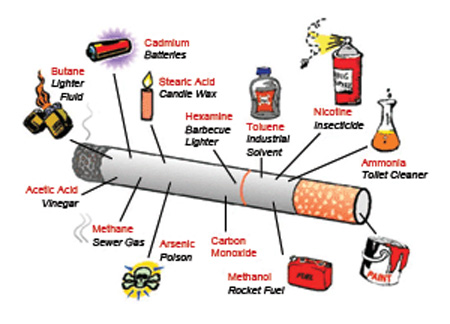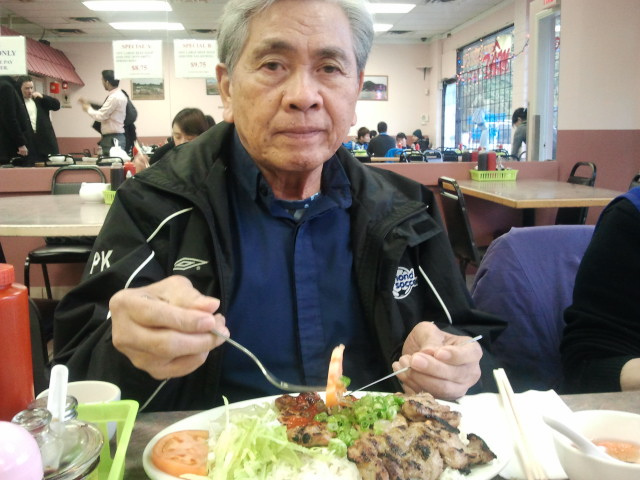Gerunds & Infinitives
Educall Language Academy
A gerund is what we have when we add -ing to the verb. They do not function as action verbs on their own, but as a noun or adjective or adverd. Therefore, a gerund can be subject, object or the complement in a sentence.
| verb | gerund |
| learn | learning |
| study | studying |
| run | running |
| smoke | smoking |
| eat | eating |
| ride | riding |

Learning a new language helps improve your brain.

Studying regularly will bring you success.

Running so fast makes you thirsty.

Smoking cigarettes is bad for your health.

Eating so many candies left her with cavities.

riding my bike in the city.
An infinitive is what we have when we use the base form of the verb. We can have infinivites with "to" or without "to". Infinitives also function as nouns. They can be used as the subject, object or the complement in a sentence.
| infinitive without to | infinitive with to |
| learn | to learn |
| study | to study |
| run | to run |
| smoke | to smoke |
| eat | to eat |
| ride | to ride |

Lori wants to learn French.

I don't want to study for the finals.

The doctor advised me to run for 1 hour each day.

Adam left the room to smoke.

He doesn't know how to eat with chopsticks.

To ride our bikes across the country is our biggest wish.
***Compared to gerunds, infinitives are more abstract, they have a philosophical meaning, especially when they are the subject or the complement in a sentence. Gerunds sound more normal or are used in daily language.
- Swimming has many benefits. (more common)
- To swim has many benefits. (abstract, less common)
***Some verbs are followed only by gerunds:
admit, avoid, keep, miss, recall, understand, suggest, mind, postpone etc.
- He admitted helping the thief that night.
- I miss spending time with my friends.
- She nearly avoided hitting the cat.
***Some verbs are followed only by infinitives:
agree, appear, seem, want, decide, care, deserve, fail, happen, hope, manage, offer, promise, pretend, refuse, wait, wish etc.
- They agreed to sign the contract.
- She wants to go to India.
- We decided to get married.
***Some verbs can be followed by both with no or little change in the meaning:
like, love, hate, prefer, continue etc.
***Infinitives are usually used for specific actions or potential activities. Gerunds are usually used for general ideas or experiences.
- I like swimming. (I like it in general, as a hobby.)
- I like to swim at Venice Beach. (I especially like swimming there, that activity there)
***Some verbs can be followed by either a gerund or an infinitive, however the meaning is different here:
begin, forget, remember, regret, start, stop, try etc.
- She bagan to explain what happened to her. = She began explaining what happened to her. (same meaning)
She is beginning to run. (with continuous tenses we should use infinitives)
- I forgot to tell you about the accident. (I didn't tell you about the accident) I forgot telling you about the accident (I told you about the accident, but I don't remember doing so.)
- I remembered to buy milk on my way home. (I bought the milk.) I don't remember buying milk. (I don't know if I bought milk or not, I think I did not do it.)
- We regret to inform you that all flights are cancelled. (Flights are cancelled now.) I regret making her feel like this. (I regret for something I did in the past.)
- She started to run all of a sudden. (a specific action) She started to learn French. / She started learning French. (a general thing)
- They stopped to enjoy the view. (a specific action) They stopped smoking. (a general action, habit)
- I tried to open the door, but it didn't work. (an experiment that failed) The door won't open! - Try pushing it. (an experiment you do to see if it works or not)
***We use gerunds after prepositions:
- I'm looking forward to hearing from you.
- They are interested in buying the house.
- We are not capable of handling this.
- I'm sorry for breaking your heart.
***To express purpose we use infinitive with to:
- He went into the kitchen to prepare a sandwich.
- They drove to the hospital to see their grandfather.
- She woke up early to work on the project.
- I've started running to catch the bus.
We can also use in order to and so as to for purpose:
- He went into the kitchen in order to/so as to prepare a sandwich.
- They drove to the hospital in order to/so as to see their grandfather.
- She woke up early in order to/so as to work on the project.
- I've started running in order to/so as to catch the bus.
***Participles are adjectives we have by adding -ing to the verb:
- The running man is exhausted.
- The laughing girl was red.